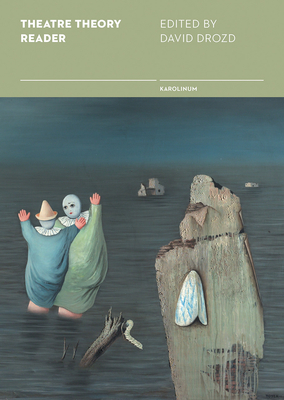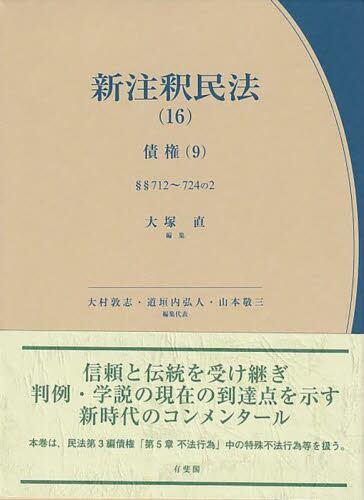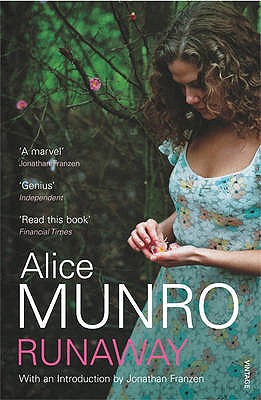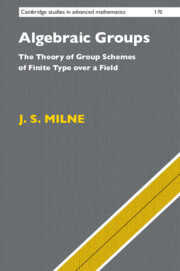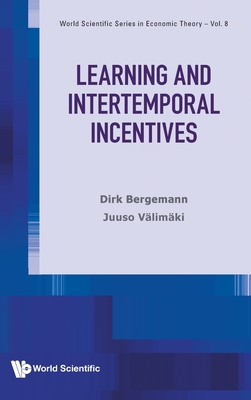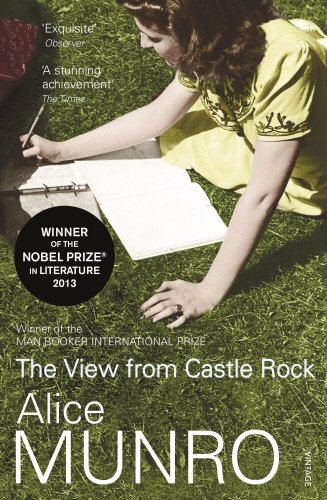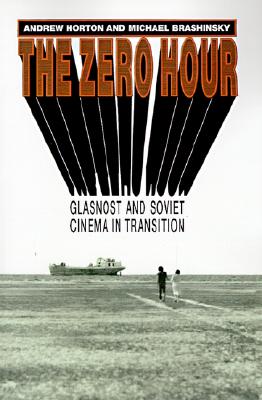
The Zero Hour:Glasnost and Soviet Cinema in Transition
零小时:格拉斯诺斯特与转型中的苏联电影
电影售 价:
¥
357.00
发货周期:预计8-10周
出版时间
1992年07月15日
装 帧
平装
页 码
304
开 本
9.09 x 6.00 x 0.79
语 种
英文
综合评分
暂无评分
- 图书详情
- 目次
- 买家须知
- 书评(0)
- 权威书评(0)
图书简介
Now faced with the "zero hour" created by a new freedom of expression and the dramatic breakup of the Soviet Union, Soviet cinema has recently become one of the most interesting in the world, aesthetically as well as politically. How have Soviet filmmakers responded to the challenges of glasnost? To answer this question, the American film scholar Andrew Horton and the Soviet critic Michael Brashinsky offer the first book-length study of the rapid changes in Soviet cinema that have been taking place since 1985. What emerges from their collaborative dialogue is not only a valuable work of film criticism but also a fascinating study of contemporary Soviet culture in general. Horton and Brashinsky examine a wide variety of films from BOMZH (initials standing for homeless drifter) through Taxi Blues and the glasnost blockbuster Little Vera to the Latvian documentary Is It Easy to Be Young? and the "new wave" productions of the "Wild Kazakh boys." The authors argue that the medium that once served the Party became a major catalyst for the deconstruction of socialism, especially through documentary filmmaking. Special attention is paid to how filmmakers from 1985 through 1990 represent the newly "discovered" past of the pre-glasnost era and how they depict troubled youth and conflicts over the role of women in society. The book also emphasizes the evolving uses of comedy and satire and the incorporation of "genre film" techniques into a new popular cinema. An intriguing discussion of films of Georgia, Estonia, Latvia, Lithuania, and Kazakhstan ends the work.
馆藏图书馆
Princeton University Library
本书暂无推荐
本书暂无推荐
